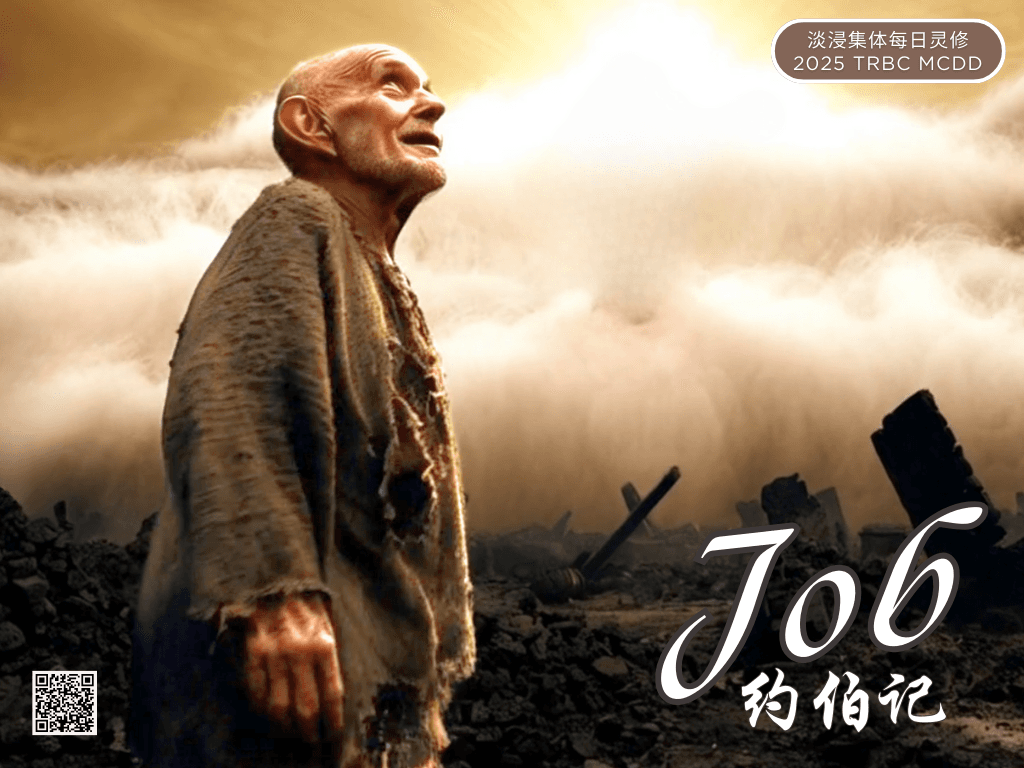Last 5 Days

Silenced by God’s creation

GK Chesterton’s essay titled Introduction to the Book of Job calls us to imagine this passage as a grand animal parade. One by one, God invites His marvellous creation to step before Job — lions and ravens, mountain goats and wild donkeys, the untamable ox, the odd ostrich, the majestic war horse, and the soaring hawk and eagle. Each animal, unique and full of character, reveals something about its Maker — and something humbling about us.
Take, for example, the wild ox. Immensely strong, stubborn, and untamed. Job, undoubtedly wiser than this beast, yet had no power to harness it. He couldn’t bind it to plow his fields or trust it to bring in the harvest. This brute strength lay far beyond his reach or control. And that’s the point — not all strength is available to us. Not all power is ours to command. Some things in life, like the wild ox, remain beyond us — and firmly under God’s sovereign hand.
Then comes the ostrich — perhaps the strangest creature in the parade. She doesn’t fly, though she has wings. She’s careless with her eggs, seemingly indifferent to danger. She forgets her young and behaves in ways we might call foolish. But God makes it clear: Hegives wisdom, and Hewithholds it as He sees fit. What looks absurd to us serves God’s purposes still. The ostrich teaches us to trust even when things seem to make no sense — to live by faith rather than by sight.
Then, God lifts Job’s gaze to the skies — to the hawk that instinctively knows when to migrate, and to the eagle who builds her nest in unreachable heights. No one taught them this. No one mapped their paths. They soar by a wisdom that God Himself planted in them. Job, for all his intellect and integrity, cannot claim such understanding. He cannot direct the hawk’s flight, nor command the eagle’s domain. But God can. And He does.
Job had thought he had grounds to question God — after all, hadn’t he suffered unjustly? But when confronted with this stunning parade of God’s creation, Job is struck not with fear, but with awe. God didn’t answer Job’s “why” with harsh words or divine accusations. Instead, He responded with beauty — with lions and birds and beasts that baffle the mind. And in that moment, Job understood: If I cannot even comprehend what I can see, how can I possibly understand the God I cannot?
These animals are powerful, unpredictable, majestic — and entirely under God’s rule. God gives strength to the ox, governs the eagle’s ascent, and withholds wisdom from the ostrich. Each creature is a testimony to His infinite wisdom and authority. And so Job falls silent. “I lay my hand over my mouth,” he says. Not out of shame, but out of reverent wonder. None of the speeches from his friends, Eliphaz, Bildad, Zophar, and Elihu had brought him to this point. Only an encounter with the living God could do that. Job realized what true worship looks like: silence in the presence of majesty. A quiet surrender that says, You are God, and I am not.
Dear brothers and sisters, are there things in your life that don’t make sense? Circumstances that feel absurd or even unjust? Take time to gaze at the world around you — the wild, wonderful, sometimes strange handiwork of God. Let it remind you: He is wise. He is good. He is in control, even when we are not.
Prayer :
Lord, I don’t always understand what You’re doing. But like Job, help me to see You more clearly — and to trust You more deeply. Teach me to lay my hand over my mouth, not in fear, but in reverent wonder. Amen.
